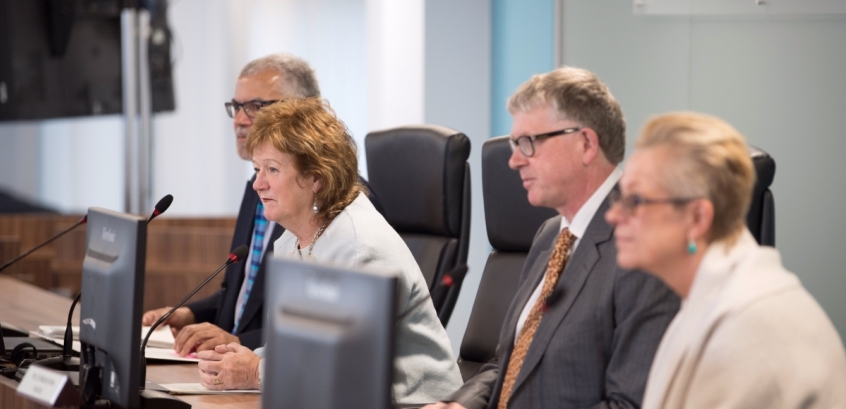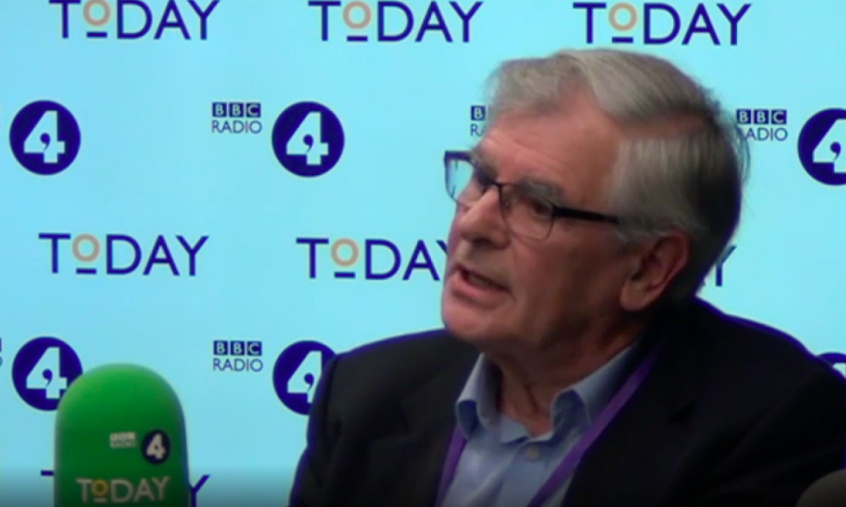A 'botched' review of cases of child sex abuse in the Church of England failed to show the full extent of the issue, a report admits today.
Dr Rowan Williams ordered a review of past cases of abuse to be completed when he was archbishop of Canterbury in 2007. It examined more than 40,000 clergy files and concluded that there were 13 cases that required formal action.

However the Church of England has published a report today saying that review failed to give a complete picture of the abuse.
Bishops chose only to publish new cases, rather than those they already knew about, and of those only ones that required 'formal church action'.
All cases involving church officers who had died, retired, or who were deemed no longer to pose a risk were left out, according to emails seen by the BBC. The review also ignored some cathedrals and did not include some church employees working with children.
Sir Roger Singleton, who wrote the report, told the Today programme this morning the restrictions has the impact of reducing the number of cases of abuse 'from probably near 100 to just two'.
He said the report was 'botched in three ways' but added there was 'no evidence whatsoever of a deliberate attempt to mislead'.
The report, which was not due to be published until next week, was published today after a BBC investigation into the past cases review.

'Consequently, the public statement, made via a press notice, whilst factually accurate in most respects, failed to reflect the true extent of the issues which needed to be addressed,' the report said.
'Moreover, its claim that "...nobody representing the Church in a formal capacity has allegations on file that have not been thoroughly examined..." could not be wholly evidenced.'
Sir Roger said: 'While we found no evidence of a planned and deliberate attempt to conceal information, there were shortcomings in the Church's public statement, which failed to reflect the true extent of the concerns which needed to be addressed.
'Victims and survivors were not involved, and there were gaps in relevant files and records.
'The Church has improved its practices in the past 10 years and I hope that the lessons learnt will mean that it can move onto important preventative work in the area of safeguarding, which is vital for all institutions.'
Bishop Peter Hancock, the Church of England's lead safeguarding bishop said: 'These criticisms have been taken very seriously and acted upon and the House of Bishops have offered full support to implementing the recommendations in the report and any subsequent actions.
'We are committed to making sure that any known individuals who have not been dealt with appropriately in the past are assessed and any current potential risks to children and others are rigorously managed, including by reporting these individuals to the statutory authorities for investigation.'













